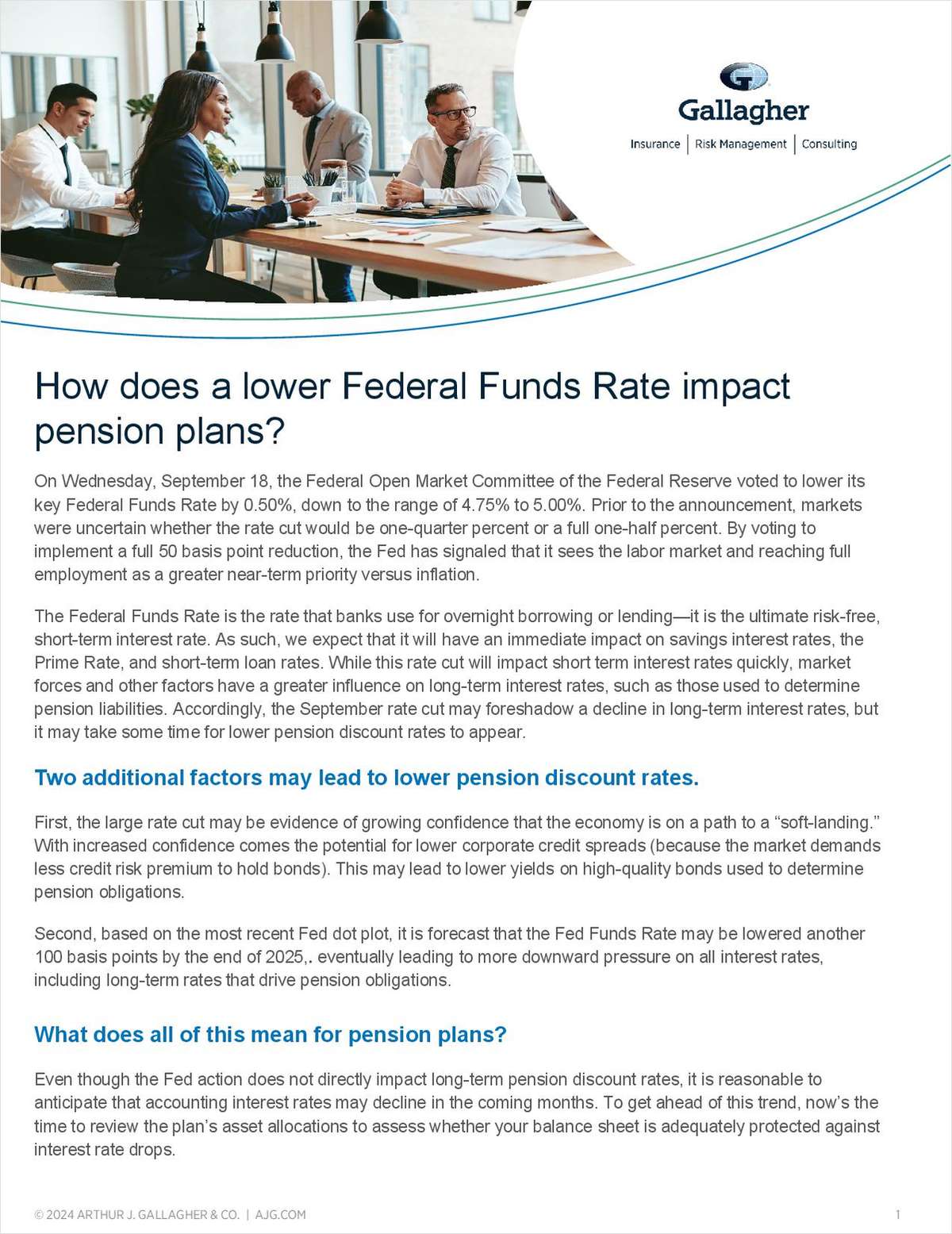 The bigger the organization, the higher turnover rate in the HR department; For employers with 40 or more HR staff, the average tenure within the department is just over a year. (Photo: Shutterstock)
The bigger the organization, the higher turnover rate in the HR department; For employers with 40 or more HR staff, the average tenure within the department is just over a year. (Photo: Shutterstock)
It's the job of HR professionals to find ways to not only attract talented workers, but retain them as well. Turns out, many in the HR field are job hoppers, too, according to Namely's “HR Careers Report 2019.”
Individuals in non-management HR positions on average spend 2.2 years in their roles, but the average tenure for HR managers — 3.5 years – isn't that much better, judging from Namely's database of more than 1,000 companies.
“So who is responsible keeping HR professionals engaged? More often than not, it's up to the department's leader and the C-Suite,” the authors write. “If HR departments are understaffed, under-resourced, or seen as purely administrative rather than a voice 'at the table,' it's likely that individual representatives will look to transition to other, more people-centric businesses.”
The bigger the organization, the higher turnover rate in the HR department: for employers with 40 or more HR staff, the average tenure within the department is just over a year. Namely attributes this to the more complex structure of larger organizations that necessitate more specialized roles – as well as more temporary interns and contract staff at all levels of the HR department. Those wanting to move up the ladder often see more opportunity elsewhere.
At smaller organizations, however, HR teams are much more involved building processes and fostering a positive culture from the ground up, and as such, have a greater stake in hanging around.
“In small companies, even an entry-level HR specialist plays an important and strategic role in the employee experience,” the authors write. “That sense of purpose is hard to replicate, and it may be fueling long-term retention.”
Job hoppers or not, choosing a career in the HR profession can be lucrative. The average annual salary for HR non-managers is $75,716, while the average for managers is $135,191 – though company size has a clear impact on HR professionals' salaries.
“Non-managers hoping to optimize their earnings should look for companies with 1 to 50 employees or those with more than 750 employees,” the authors write. “Conversely, earnings for non-managers is lowest at companies with 50 to 750 employees.”
Manager salaries are much more straightforward, rising as the number of employees rise – as one would expect. “Managers see a spike in earnings at companies with 300 to 500 employees, where increasing team size and direct reports can earn them as much as $148,838 per year, the highest average salary in our dataset,” the authors write.
If HR professionals stay in the field, they'll likely have strong earning potential and senior leadership opportunities, according to the report.
“Modern day people teams are expected to be strategic and data-driven, whilst driving seemingly subjective criteria like employee well-being,” the authors write. “If people truly are a company's most valuable resource, it's hard to overstate an HR professional's role in cultivating and maintaining that asset.”
Complete your profile to continue reading and get FREE access to BenefitsPRO, part of your ALM digital membership.
Your access to unlimited BenefitsPRO content isn’t changing.
Once you are an ALM digital member, you’ll receive:
- Breaking benefits news and analysis, on-site and via our newsletters and custom alerts
- Educational webcasts, white papers, and ebooks from industry thought leaders
- Critical converage of the property casualty insurance and financial advisory markets on our other ALM sites, PropertyCasualty360 and ThinkAdvisor
Already have an account? Sign In Now
© 2024 ALM Global, LLC, All Rights Reserved. Request academic re-use from www.copyright.com. All other uses, submit a request to [email protected]. For more information visit Asset & Logo Licensing.








